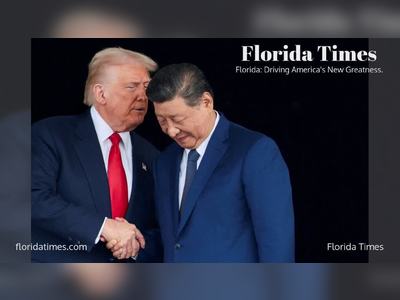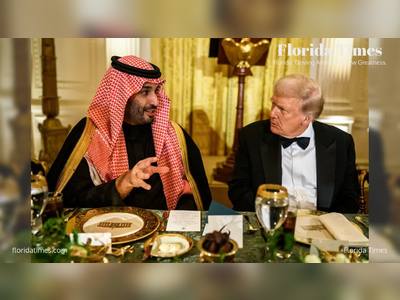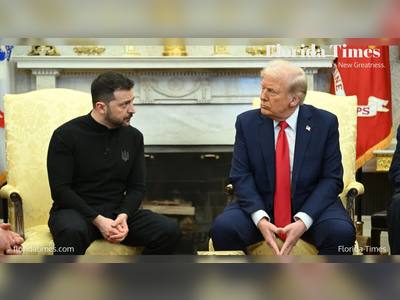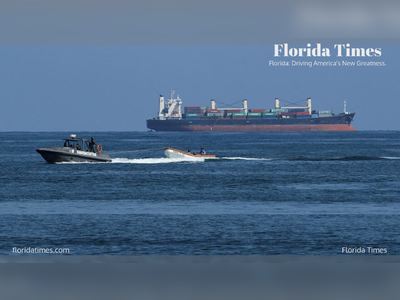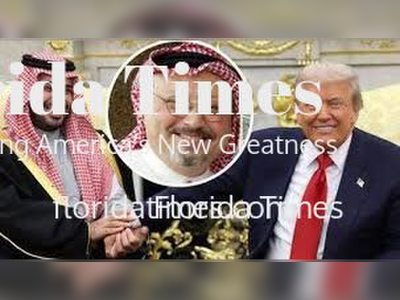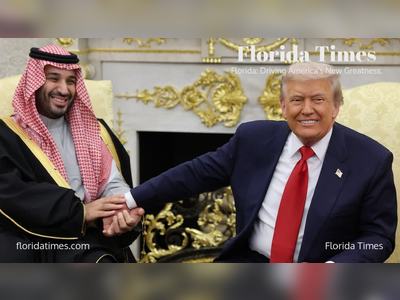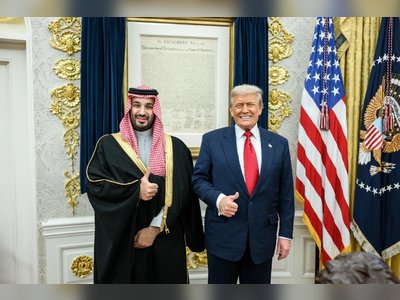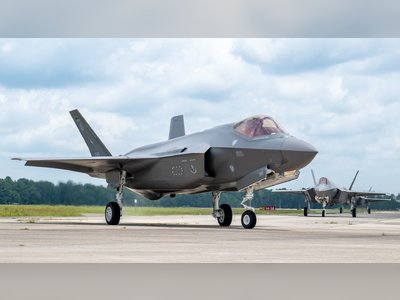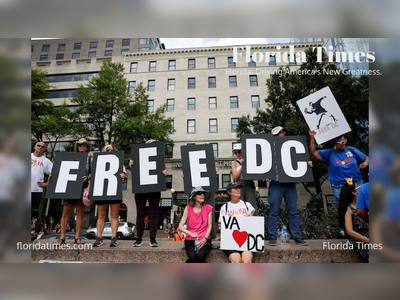Trump Elevates Saudi Arabia to Major Non-NATO Ally as MBS Visit Yields Deepened Ties
President Donald Trump formally designated Saudi Arabia as a “major non-North Atlantic Treaty Organization (NATO) ally” on November 18, during a lavish White House dinner hosted in honour of Crown Prince Mohammed bin Salman. The announcement followed the signing of a new strategic defence agreement, signalling a significant upgrade in U.S.–Saudi security and economic cooperation.
Under the agreement, Saudi Arabia becomes eligible for an expanded range of U.S. defence trade and cooperation privileges. While the designation does not bind the United States to defend the kingdom in the way NATO members are guaranteed, it authorises faster access to U.S. equipment, training programmes and military-industry partnerships.
Trump also confirmed that Saudi Arabia is expected to purchase the U.S.-made F-35 stealth fighter jet – a first for the kingdom – and that a package for nearly 300 American tanks would proceed. The acceleration of this equipment sale underscores Washington’s desire to deepen Riyadh’s role as a strategic partner in the Middle East under the “America First” agenda.
Economically, the crown prince unveiled a Saudi commitment to invest up to $1 trillion in the U.S., building on an earlier headline pledge of $600 billion. Meanwhile, agreements were struck covering artificial intelligence, civil nuclear energy and critical-minerals supply chains, reflecting a broader ambition to align the kingdom’s economic transformation agenda with U.S. industrial interests.
The visit also marked a diplomatic milestone for Mohammed bin Salman, who returned to the White House for the first time since 2018. Trump used the platform to defend the crown prince’s leadership and human-rights record, including in relation to the 2018 killing of journalist Jamal Khashoggi – a U.S. intelligence assessment previously found he approved – declaring the prince “knew nothing about it.” The remarks triggered criticism from the Khashoggi family and human-rights observers.
Despite the headline-making gains, analysts note that many of the pledges involved significant caveats and initial agreements rather than fully executed contracts. Saudi Arabia attained access to high-level status and future-looking deals, yet key items — especially the F-35 sale and the investment commitments — still face legal, congressional and technical hurdles. At the same time, the kingdom’s demand for a clear pathway to a Palestinian state remains a stumbling block to normalization with Israel, a strategic aim of the Trump administration.
The visit reinforced Saudi Arabia’s reputation for Riyadh as a central player in regional diplomacy and commerce, while simultaneously reaffirming President Trump’s strategy of leveraging deep trade and defence linkages to anchor U.S. influence in the Gulf. The full impact of the accords and deliveries will unfold over the coming years as both sides move from announcements to implementation.
